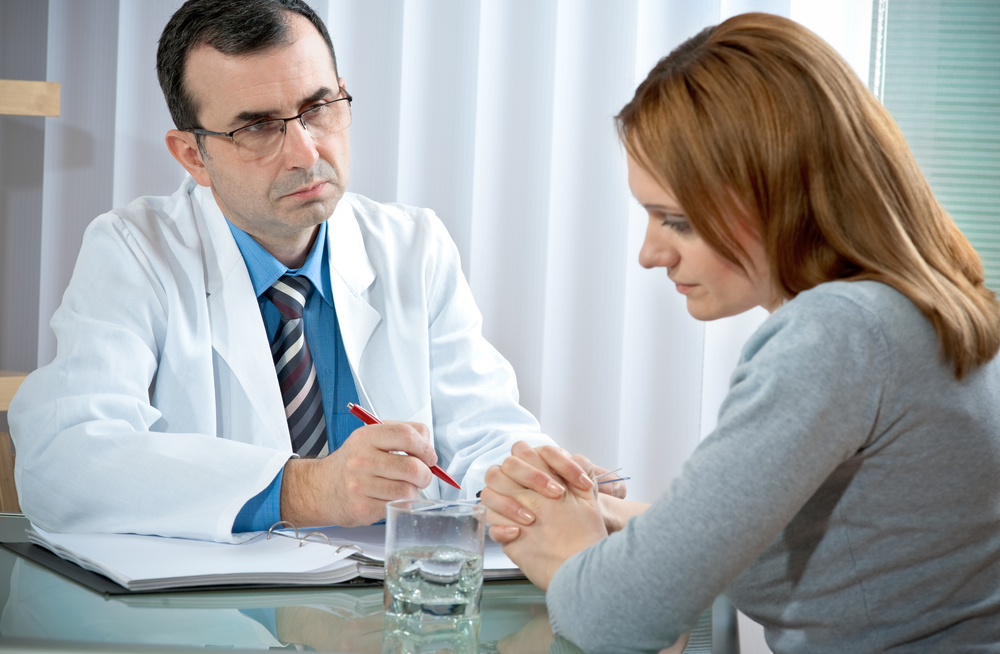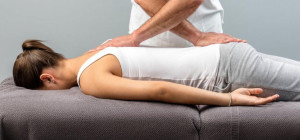 60% of the people who remain sober after Alcohol Use Disorder treatment can avoid relapsing for life. However, getting to that point is challenging. 2/3rd of the people who sign up for substance abuse treatment relapse before completing their program. 85% relapse after the treatment, which is where post-rehab recovery comes into play.
60% of the people who remain sober after Alcohol Use Disorder treatment can avoid relapsing for life. However, getting to that point is challenging. 2/3rd of the people who sign up for substance abuse treatment relapse before completing their program. 85% relapse after the treatment, which is where post-rehab recovery comes into play.
Post-rehab recovery starts after your inpatient program ends and you move back home. It is when you begin to assimilate with the world again, slowly getting accustomed to routines. Your rehab might schedule regular meetings to keep tabs on your progress, but much of the responsibility to avoid drugs and alcohol remains on you.
Why Is Post-Rehab Recovery Critical?
Several people underestimate the significance of post-rehab recovery because they believe they are no longer at risk of relapse. This misconception comes from considering rehab for drugs programs to be the complete solution.
They are only half correct with their assumption. Rehabilitation treatments are undoubtedly critical for recovery, but they are only the beginning. They create a controlled environment to help you achieve sobriety. However, the ultimate test happens when you return to routine life where the control factors do not exist.
At that point, you have the primary responsibility to ensure you don’t relapse. Hence, this time is critical and requires care and vigilance.
Tips to Manage your Post-Rehab Recovery
Post-rehab recovery works differently for different people. Some people find it easier to remain sober after the treatment, while others struggle to avoid drugs and alcohol as per the requirements. Thankfully, we have a few tips to help you regulate your needs and prevent relapses.
1. Make Connections
Firstly, make new connections, preferably with people who will not push you into using drugs or drinking alcohol. It may feel cruel, but you may even have to minimize contact with your former groups, family, friends, and acquaintances that enabled your addiction.
Social and community connections have always proven effective for recovering addicts, but they’re only successful if you socialize with the right people.
2. Continue Therapy
We recommend not quitting therapy after your rehab program ends. You don’t have to go to the therapist at the rehab and can find another who suits you. Talking to a therapist will help you remain in touch with your feelings and emotions and help you talk about your struggles.
Therapy was never meant only for people struggling with mental health disorders, so it is best to avail of these services even if you think you are safe from relapsing.
3. Avoid Gatherings You Feel Will Affect Progress
.Initially, it is best to avoid gatherings where much of the celebration revolves around substance use. It is good to test your resolve, but going to such events might put your system under too much pressure.
Several people crack under the pressure of unrealistic expectations and fall back into abuse. If you ever feel like you cannot avoid such a gathering, find a companion who can help you remain sober.
4. Enjoy Non-Substance Recreations
The best solution is to find a list of recreational activities you enjoy the most and fill your free time with them. Go to the cinema to watch movies, hang out with friends, play sports, start yoga, etc. These activities will give you a natural dopamine boost and keep you engaged.
The more of such activities you have, the less you’ll feel tempted to fall back into addiction.
5. Get a Fulfilling Job
Getting a fulfilling job is easier said than done, but it can help your post-rehab recovery. Your job doesn’t have to be excessively fancy or earn hundreds of thousands a year. So long as it makes you happy and caters to your needs, it’s enough.
You can reconsider options once things stabilize but always prioritize your well-being.
6. Minimize Stress
Lastly, avoid taking excessive stress as much as possible. Stress is a primary reason people fall into addiction, pushing them closer to relapse after recovery. Therefore, try to avoid situations that fuel your anxiety and practice meditation to maintain balance.
Wrapping Up
I hope you found this blog informative and will use it if you or your loved ones need tips for post-rehab recovery. These tips prioritize your mental and physical well-being and will keep you healthy and sober.







